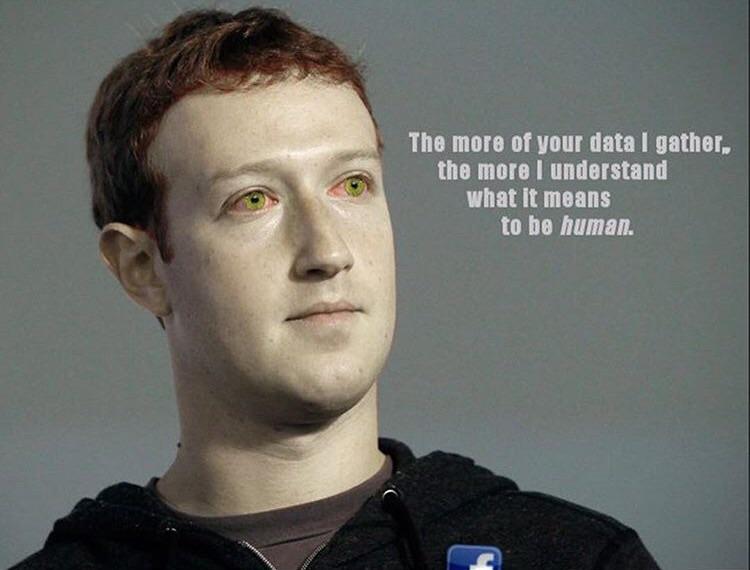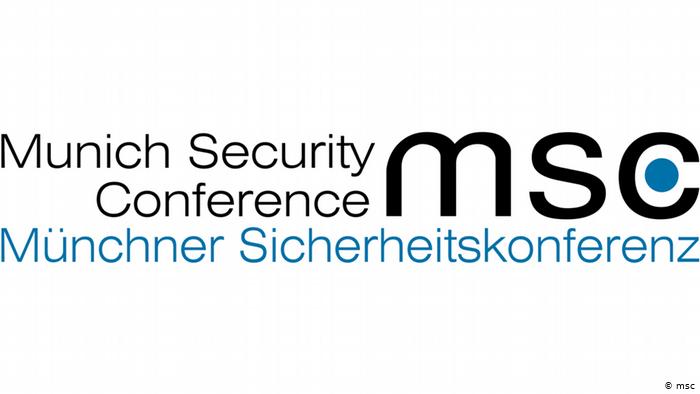14 -16 February 2020
17 February 2020 (Brussels, Belgium) – The Munich Security Conference (MSC) was established in 1963 by Ewald-Heinrich von Kleist-Schmenzin, a former German army officer who participated in a failed attempt to assassinate Adolf Hitler, with the aim of gathering leaders and diplomatic experts to discuss the state of NATO and relations between powers on either side of the Atlantic. Over the decades, the annual meeting has grown to include global security concerns, with Munich’s grand Bayerisch Hof hotel becoming a stage for searing political speeches.
A number of years ago I earned media credentials for both the World Economic Forum in Davos and MSC … a long process in both cases. But I wanted to attend because both events provide a tsunami of content you cannot get anywhere else (with invitations to collateral meetings throughout the year), plus some fascinating conversations that all seem interesting. Yes, sometimes you are simply not part of them and just overhear. But still, they became two of my “four-I-must-attend” events each year (the other two are the International Journalism Festival and Cannes Lions).
This year, as I wean myself off the conference circuit, I let two staffers attend both Davos and Munich to give the “kids” some experience and to build up the team’s credentials as I drift off into the sunset to write my book.
MSC is not really a forum to actually solve security issues. The conference is usually a backdrop for heated clashes over narratives. It was at MSC that, in 2007, Vladimir Putin excoriated the US for “overstepping its borders in all spheres”. This year the US-Iran crisis was very much an “agenda-setter” as Munich provided a platform for both the Iranians and anti-Iran hawks from the US and Israel to make their voices heard. Nobody expected that the US and Iran will actually use the conference to open backchannels. They didn’t. Although Russian Foreign Minister Sergey Lavrov met U.S. Secretary of State Mike Pompeo on the sidelines which the American side apparently wanted to keep under wraps. Except those pesky Russians publicised it.
It was not a good weekend for Pompeo. He pushed back against the conference theme of “Westlessness” – the idea that Western values are under threat, in the West itself and elsewhere. It fell flat. There was no applause from the audience. Over the weekend I posted a few notes on my LinkedIn account. You can read more by clicking here.
Worse, probably, was the fact that as MSC closed yesterday there was a feeling among attendees that there was simply no shared consensus on what “Westlessness” really means.
Our notes and comments on the array of issues discussed including economic policy, migration, climate and “rule of law” (a real thigh slapper) has gone out to our political affairs listserv. In this post, some items of interest for our tech nerds.
Among the world leaders that attended MSC, none could claim to rule over a global empire as big as that of Mark Zuckerberg, Supreme Leader of the Republic of Facebook. The founder of the social media giant was a star attraction and Wolfgang Ischinger (Chairman of the MWC) took upon himself the responsibility of conducting the interview – thereby affording the Silicon Valley chieftain status on par with French President Emmanuel Macron, the only head of state that Ischinger personally interviewed.
“Facebook vs. Disinformation”: the biggie topic. During their conversation on Saturday, Zuckerberg said Facebook is getting better at fighting new security threats that ravage its social media platform:
“The security landscape is no longer one of traditional hacking. It’s now one of disinformation”.
Well, ok. Welcome to the party. It was a bit of an obvious point for many of the officials whose governments are grappling with disinformation campaigns from Russia, Iran and others and with propaganda from fringe, extremist groups – often on the pages of Facebook.
Playing to the security conference’s base concerns, Zuckerberg said the company was catching up on fighting Russian trolling, and that Facebook was now spending more per year on security than its entire corporate budget in 2012, the year the company went public. The company has more than 35,000 people working on tasks like spotting and deleting harmful content and disinformation campaigns, he said. And, the company in the past year took down several networks of troll accounts and disinformation pages and groups. It also publicly attributed disinformation campaigns, including to actors in Russia and Iran.
But Western security officials at MWC made one point very clear: they are struggling to adapt traditional security responses to new threats like disinformation. They are outmatched – and so they are calling on tech companies to take on more responsibility. The systems Facebook has in place “are generally improving,” Zuckerberg said, pointing out that its algorithms now account for spotting up to 90 percent of terrorist propaganda that is taken down. But …
“Hate speech is more challenging because we have to train artificial intelligence systems to spot really small differences.”
It is here that Facebook has been most fiercely criticized by EU lawmakers for allowing hate speech to thrive, boosting fake news through its algorithms, gathering extensive amounts of data and failing to respect users’ privacy.
But Zuck adroitly bounced it back to the EU and other legislators to set stricter rules so that Facebook doesn’t have to make tough calls on questions like moderating hate speech or ruling on the truthfulness of information:
“There needs to be regulation in at least four areas touching our company. They are: elections and political discourse; privacy and data portability. Facebook needs to build the operational muscle to enforce the regulations, but at some level we don’t want private companies making decisions about how to balance social equities without a democratic process. There should be more guidance and regulation from the states on what is considered election interference and harmful content”.
And the company is under multiple investigations for violating Europe’s privacy laws which is why Zuckerberg is meeting with European Commission officials today and tomorrow in Brussels. As I have noted in previous posts, Zuckerberg is facing calls to voluntarily open up his treasure chest and be transparent about how his company’s algorithms work – or risk being forced to do so in the future. Manfred Weber, chairman of the EPP group in European Parliament, had a private conversation with Zuckerberg at the margins of MWC. The meeting did not go well. At a press conference Weber noted:
“Europe needs to draw some clear regulatory red lines to protect our citizens from the potential negative impacts of algorithms. Facebook has taken some small steps but it is worrying to hear they are not fully aware of the challenges their companies are creating for democracy as we know it.”
Weber used the coronavirus crisis as an example to illustrate that “social media posts are amplified by un-transparent algorithms … Misinformation is spreading rapidly and so is the panic among our citizens.” He added that social networks “acted as amplification services for websites that would otherwise receive little attention.” Weber also told Zuckerberg, in a long letter setting up the meeting, that
” … it is high time for you to show more transparency on how your algorithm is designed, how free expression is respected on all your platforms, how the extreme engagement is triggered, how do you prevent abuses on your platforms and to explain the implications of your new metric called Click-Gap and make sure algorithms are made verifiable. I would like to invite you to enter into dialogue with the EU elected officials to sort out new approaches that can adequately address the scope of the problems — otherwise strict regulations including on liability would be the ultimate option”.
Zuckerberg’s meetings also mark the year that European Commission Vice President Věra Jourová says will be “Europe’s year of reckoning when it comes to disinformation campaigns”.
Zuck’s meetings in Brussels this week will also include Thierry Breton, a former fellow tech CEO turned EU internal market commissioner, and EU digital czar Margrethe Vestager. Both have been advocating (defending?) ideas most analysts think long dead:
Breton: “Europe may have lost the battle to create digital champions capable of taking on U.S. and Chinese companies harvesting personal data, but it can win the war of industrial data”.
Vestager: “One of the reasons why we don’t have a Facebook and we don’t have a Tencent is that we never gave European businesses a full single market where they could scale up. We should not put our business-to-business AI in the same position as our business-to-consumer technology — having no single market”.
Kids, you should have been thinking about this/doing this 10+ years ago when you had the money and the will. Two points (of many) I will make in an upcoming post on the futility of EU “innovation”:
1. Of the top 30 AI-related patent applicants, only four are European.
2. Nor is the future looking more promising. Of the 100 most promising AI startups in the world, only two are from the EU … and they attract well-below-average funding.
What’s happened here is the gear shift in European digital policymaking: EU lawmakers eagerly exported to the rest of the world (excluding China) tougher privacy standards (it thinks), competition rulings and calls for tighter policing of online content. Those moves helped to establish Brussels as a global first-mover on tech regulation, as Washington largely stood still.
But those efforts did nothing to improve Europe’s standing in the global digital race against China and the United States. Now, alarmed by Europe’s ever-growing dependence on foreign tech companies, a new generation of policymakers wants to take things a step further – active measures to protect Europe’s market because it knows it cannot compete.



